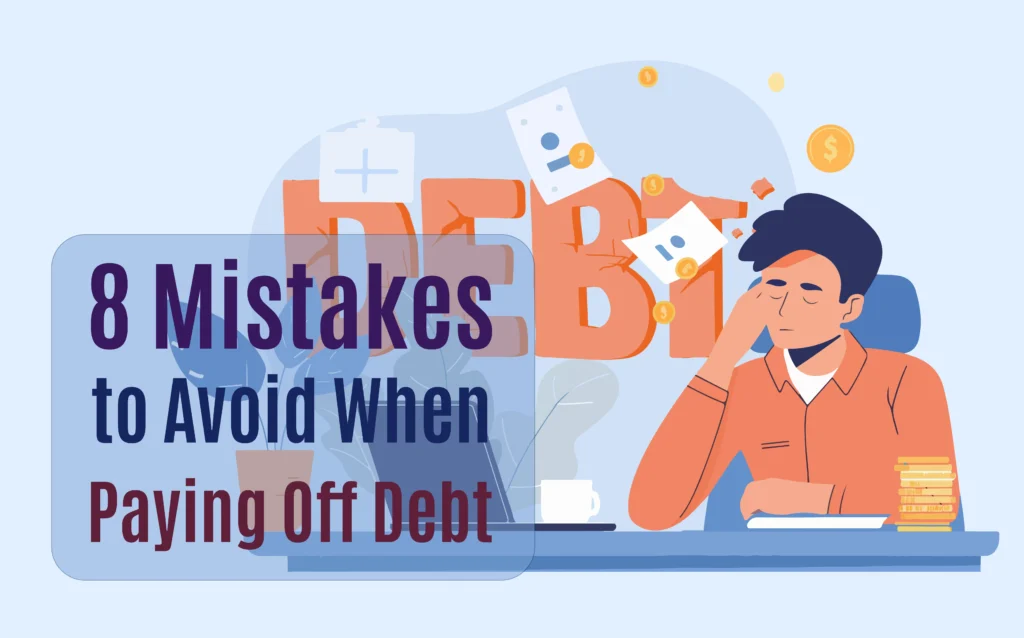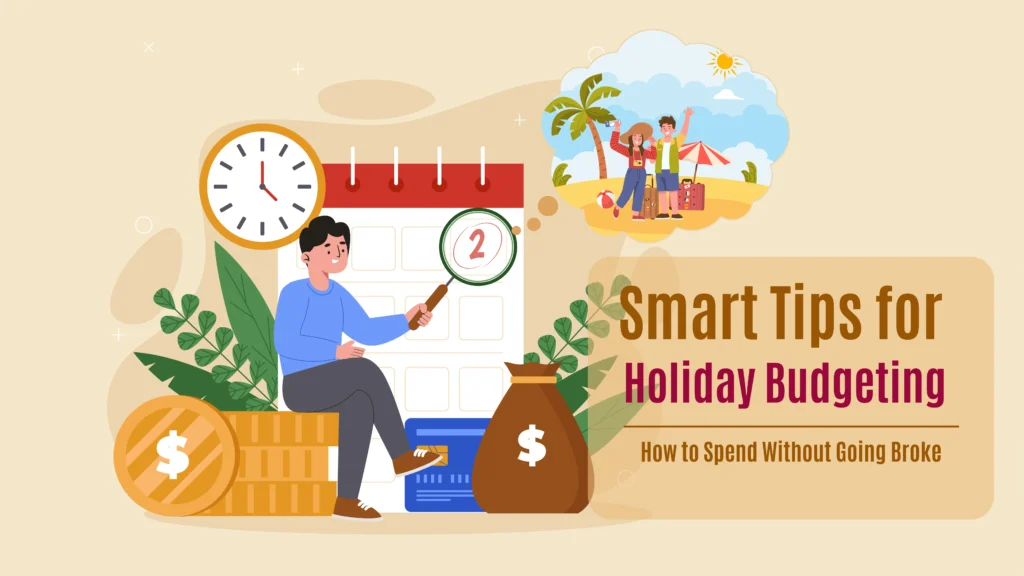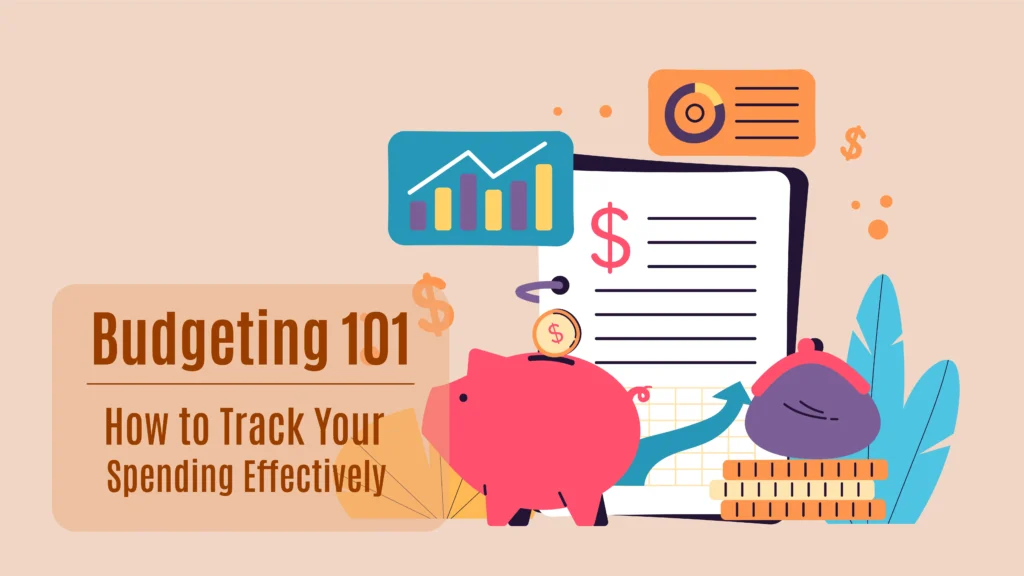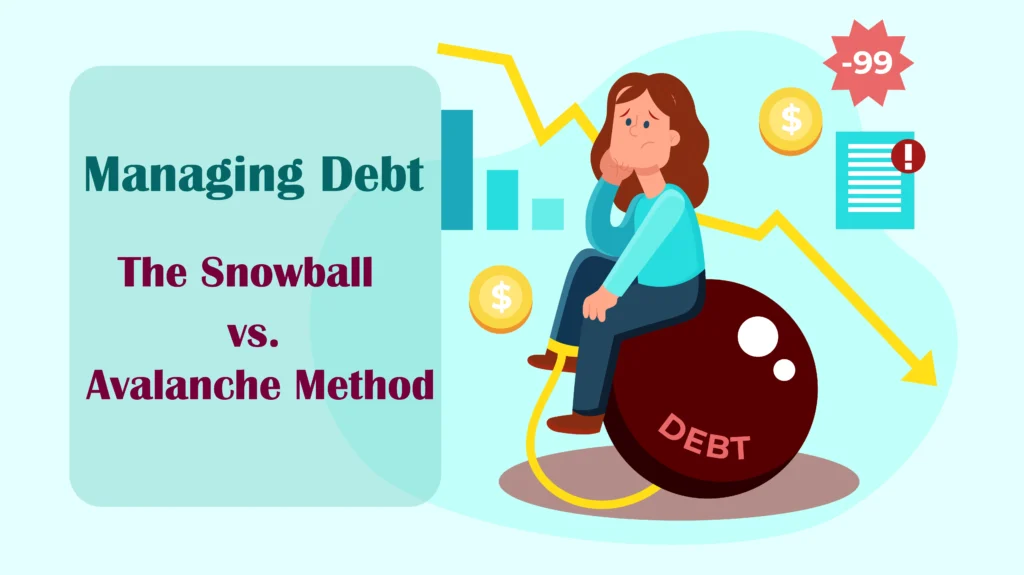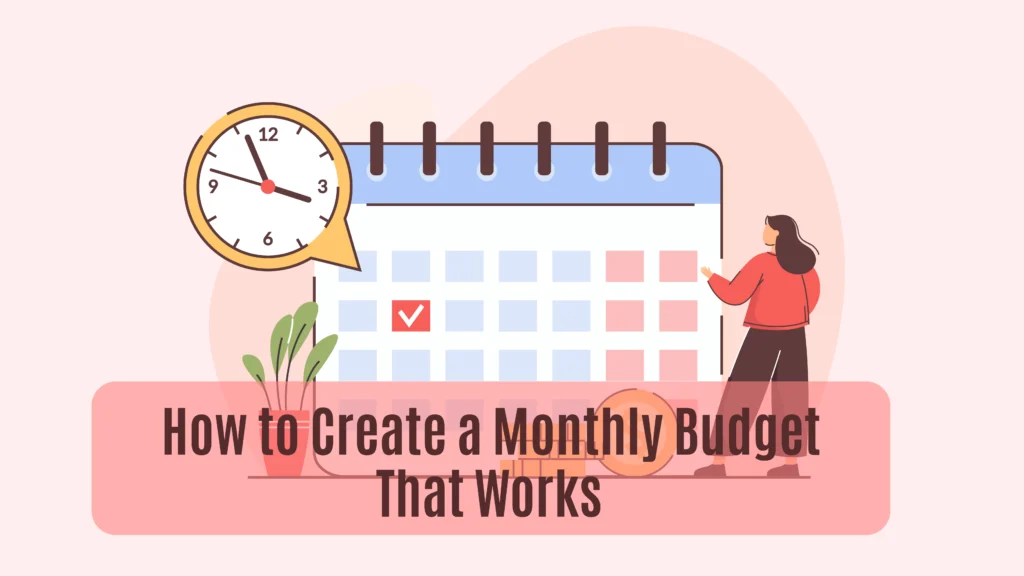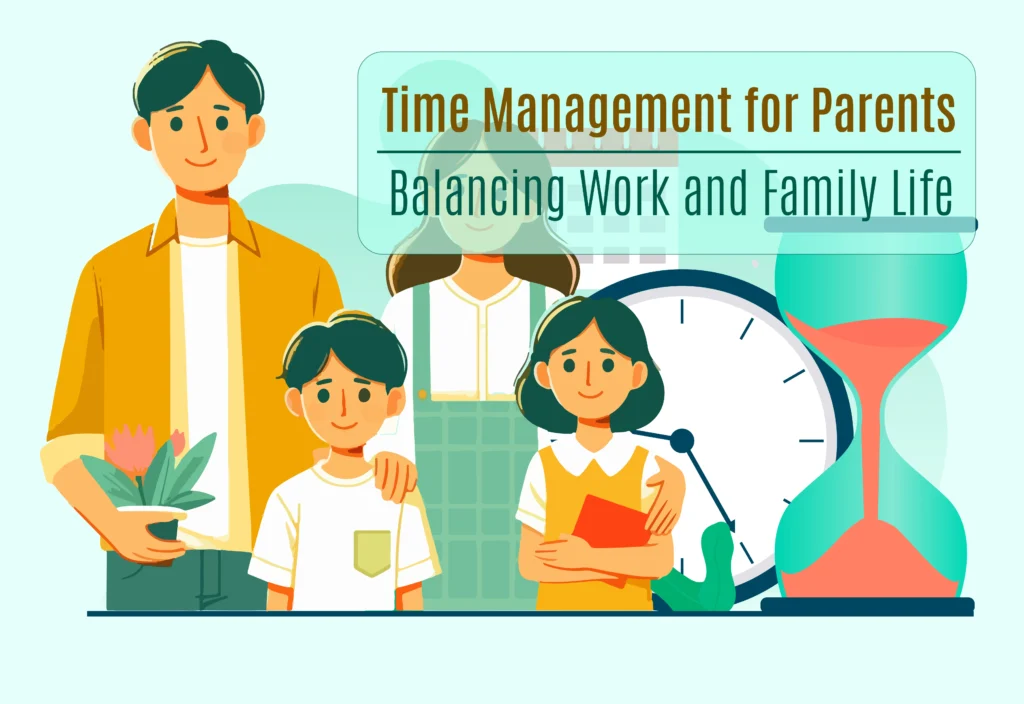How to Build Credit Score from Scratch: A Beginner’s Guide
Build credit score from scratch can seem like an overwhelming task, especially when you realize how crucial a good credit score is for securing financial opportunities. Whether you’re just starting your financial journey or have never had the need for credit before, establishing credit is an essential step for future financial health. Without a credit history, it can be difficult to get approved for loans, credit cards, mortgages, or even rent an apartment. Fortunately, building credit doesn’t have to be daunting, and with a little discipline and the right strategy, you can start building a strong credit profile.
This guide is designed to help you navigate the process of building credit from scratch, covering everything from what a credit score is to the steps and habits you can adopt to improve your credit score over time.
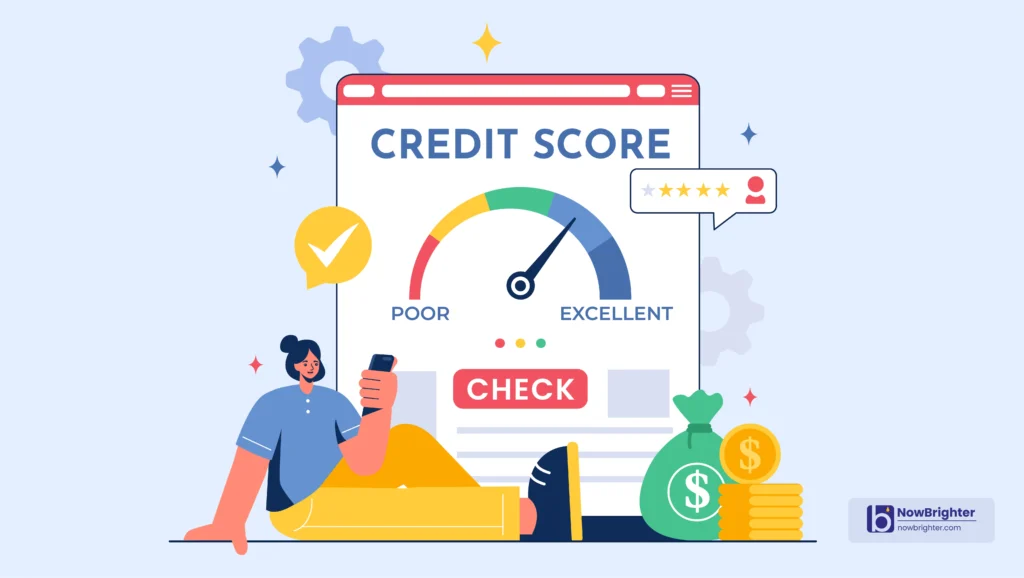
What is a Credit Score and Why Is It Important?
Before we dive into the specifics of how to build credit, it’s essential to understand what a credit score is and why it’s so important. Your credit score is essentially a financial report card, reflecting how well you manage debt and your financial obligations. Lenders, landlords, and even some employers use your credit score to determine your financial reliability.
The Role of Credit in Your Financial Life
A credit score plays a vital role in many aspects of your financial life. Whether you’re looking to take out a loan, buy a car, rent an apartment, or even get a job, your credit score will often be a deciding factor. Let’s explore the key areas where a good credit score can make a difference.
Loans and Mortgages
When you apply for a mortgage, car loan, or personal loan, your credit score is one of the first things lenders check. Your score affects your approval chances, the amount you can borrow, and the interest rate you’ll be charged. A high credit score can save you thousands of dollars in interest payments over the life of a loan, while a low score might result in higher interest rates or even denial of credit.
Renting and Leasing
Many landlords and property management companies use your credit score to evaluate your ability to pay rent on time. A poor or nonexistent credit history can make it harder to secure housing, and in some cases, landlords may require a larger security deposit or cosigner if your score is low.
Employment and Insurance
In certain industries, particularly in jobs where you’ll handle money or sensitive information, employers may check your credit report as part of the hiring process. Similarly, insurance companies sometimes use credit information to set your premiums. A better credit score can lower your insurance costs and improve your chances of landing a job.
How Credit Scores Are Calculated
Credit scores are calculated using information in your credit report. The most widely used scoring model is the FICO score, which breaks down your financial behavior into five categories, each with a different weight in the overall calculation. Understanding these factors will help you know where to focus your efforts when building credit from scratch.
Payment History (35%)
Payment history is the single most important factor in your credit score. It reflects whether you’ve paid your bills on time and shows any missed or late payments. Lenders want to know if you’re reliable when it comes to paying off debt, so a positive payment history will significantly boost your score.
Credit Utilization (30%)
Credit utilization refers to the amount of available credit you’re using. It’s calculated by dividing your total credit card balances by your total credit limits. For example, if you have a credit card with a $1,000 limit and you’ve spent $300, your utilization ratio is 30%. Experts recommend keeping your credit utilization below 30% to avoid hurting your credit score.
Length of Credit History (15%)
The length of time you’ve been using credit also plays a role in your score. This factor considers how long your credit accounts have been open, including the age of your oldest and newest accounts. The longer your credit history, the better it is for your score, which is why maintaining old accounts can be beneficial.
Credit Mix (10%)
Your credit mix refers to the different types of credit accounts you have, such as credit cards, mortgages, and car loans. Lenders like to see that you can handle various forms of debt, as it shows that you’re experienced in managing different types of financial obligations.
New Credit Inquiries (10%)
Each time you apply for new credit, the lender performs a hard inquiry on your credit report, which can temporarily lower your score. Too many inquiries in a short period can make you appear desperate for credit and negatively impact your score.
Steps to Build Credit from Scratch
Building credit from scratch requires patience, but there are specific steps you can take to establish a credit history and improve your score over time. Let’s explore these strategies.
Start with a Secured Credit Card
A secured credit card is one of the best tools for building credit if you have no credit history. Unlike traditional credit cards, secured cards require a refundable security deposit, which acts as collateral for the credit limit.
How Secured Credit Cards Work
When you apply for a secured credit card, you’ll be required to deposit a specific amount of money, usually between $200 and $500, which becomes your credit limit. You can use the card just like a regular credit card, and your payment activity is reported to the credit bureaus. Over time, consistent payments will help establish your credit history.
Choosing the Right Secured Credit Card
Not all secured credit cards are created equal. Look for a card with low fees, a reasonable security deposit, and, most importantly, one that reports to all three major credit bureaus—Experian, Equifax, and TransUnion. Some secured cards even offer the option to graduate to a traditional credit card after a period of responsible use.
Consider a Credit-Builder Loan
A credit-builder loan is another excellent way to build credit from scratch, especially if you’re looking to diversify your credit mix. These loans are specifically designed for people who need to establish credit and are typically offered by credit unions and community banks.
What is a Credit-Builder Loan?
Unlike traditional loans, where you receive the money upfront and pay it back over time, a credit-builder loan works in reverse. The lender holds the loan amount in a savings account, and you make monthly payments until the loan is paid off. Once the loan term ends, you receive the money, plus any interest earned, and your payment history is reported to the credit bureaus.
How Credit-Builder Loans Improve Your Credit
Credit-builder loans help you demonstrate responsible borrowing behavior. Each payment you make is reported to the credit bureaus, helping to build your payment history, which is the most important factor in your credit score.
Become an Authorized User on Someone Else’s Card
If you have a family member or trusted friend with good credit, becoming an authorized user on their credit card can help you build your own credit. When you’re an authorized user, the primary cardholder’s payment history and account activity are added to your credit report.
Benefits of Being an Authorized User
As an authorized user, you benefit from the primary cardholder’s positive payment history, even if you never use the card. This can help you establish a credit history and improve your score over time. However, it’s important to choose someone who manages their credit responsibly, as any negative activity on the account can hurt your credit as well.
Choosing the Right Primary Cardholder
Before becoming an authorized user, ensure the primary cardholder has a history of on-time payments and low credit utilization. You want to piggyback on their positive financial habits, not risk your own credit by associating with someone who may miss payments or max out their cards.
Apply for a Retail Store Credit Card
Retail store credit cards are often easier to qualify for than traditional credit cards, making them a good option for those starting out with no credit history. While these cards typically have higher interest rates, they can help you build credit when used responsibly.
Why Store Cards Are Easier to Get
Store credit cards tend to have lower credit score requirements because they are often limited to purchases at the specific retailer. This makes them more accessible to individuals with no credit history. However, be mindful of the high-interest rates and fees that can come with these cards.
Using Retail Cards Responsibly
To build credit, make small purchases with your store card and pay off the balance in full each month. This will help you establish a positive payment history without accumulating high-interest debt.
Report Rent and Utility Payments to Credit Bureaus
While rent and utility payments typically don’t appear on your credit report, there are ways to have them reported to credit bureaus, helping you build credit without taking on new debt.
How Rent Payment Reporting Works
Several third-party services, such as Rental Kharma and Experian Boost, allow you to report your rent payments to the credit bureaus. If you consistently pay your rent on time, these services can help build your credit history.
Utilities and Phone Bills Reporting
Some services also allow you to report your utility or phone bill payments to the credit bureaus. These bills aren’t typically included in credit reports, but adding them can help establish a positive payment history.
≫ Related Post: How to Repair a Bad Credit Score
Credit Habits to Maintain While Building Credit
Once you’ve taken the initial steps to establish credit, it’s important to adopt good financial habits that will help you maintain and improve your credit score over time.
Make On-Time Payments Every Month
As mentioned earlier, payment history is the most significant factor in your credit score. To build good credit, make sure to pay all your bills—including credit card bills, loans, rent, and utilities—on time every month. Late payments can significantly lower your score, especially when you’re just starting out.
Keep Balances Low on Credit Cards
High balances on your credit cards can hurt your credit utilization ratio and lower your score. Aim to keep your credit utilization below 30% of your total credit limit.
Aim for a Utilization Below 30%
If your credit card limit is $1,000, try to keep your balance below $300 at all times. Paying down balances before the statement closes can help lower your utilization ratio and improve your score.
Paying Off Credit Card Balances in Full
To avoid interest charges and debt accumulation, it’s a good practice to pay off your credit card balance in full each month. This not only helps maintain a low utilization ratio but also saves you money in interest payments.
Avoid Applying for Too Much Credit Too Quickly
Each time you apply for credit, it results in a hard inquiry on your credit report. While one or two inquiries won’t have a major impact, applying for several accounts in a short period can hurt your score and make you appear risky to lenders.
Review Your Credit Report Regularly
Monitoring your credit report regularly ensures that your credit-building efforts are reflected accurately and that there are no errors affecting your score.
Checking for Fraudulent Activity
Look for any signs of fraudulent activity, such as accounts you didn’t open or charges you didn’t authorize. If you find any discrepancies, report them to the credit bureau immediately to have them removed.
Using Free Credit Report Services
You can access your credit report for free once a year from each of the three major credit bureaus through AnnualCreditReport.com. Additionally, many credit cards and financial institutions offer free credit monitoring services, which provide updates on your score and any changes to your credit report.
How Long Does It Take to Build Credit from Scratch?
Building credit from scratch takes time, but with consistency and responsible financial behavior, you can start to see progress within a few months.
Timeframe to See Initial Results
You may start seeing your credit score after as little as six months of responsible credit use, especially if you’re using tools like secured credit cards or credit-builder loans. However, it will take longer to build a strong credit profile that qualifies for more substantial loans and lower interest rates.
Expect 6-12 Months to Build a Solid Score
On average, it takes about six to twelve months of consistent, responsible credit use to build a solid credit score. After one year, you may be able to transition from secured credit cards to traditional credit cards with better terms and benefits.
Factors that Can Accelerate Credit Building
Using a combination of secured credit cards, credit-builder loans, and being an authorized user can speed up the process of establishing credit. Consistent on-time payments and keeping your credit utilization low will accelerate your score growth.
Mistakes to Avoid When Building Credit
Building credit from scratch can be tricky, and it’s easy to make mistakes that could hurt your efforts. Here are some common pitfalls to avoid.
Missing or Making Late Payments
Missing even one payment can have a significant negative impact on your credit score, especially when you’re just starting to build credit. Make sure you always pay your bills on time to avoid damaging your score.
Maxing Out Credit Cards
Maxing out your credit cards or carrying high balances can drastically hurt your credit utilization ratio, which will lower your score. Keep your balances as low as possible and avoid spending more than you can pay off.
Applying for Too Many Credit Accounts at Once
Applying for multiple credit accounts in a short period can result in several hard inquiries, which can lower your score. Focus on one or two initial credit accounts, and only apply for more when necessary.
Closing Credit Accounts Too Early
While it may seem like a good idea to close a credit card you no longer use, closing accounts too early can reduce the average length of your credit history and hurt your score. It’s generally better to keep accounts open, especially if they don’t have annual fees.
Conclusion
Building credit from scratch takes time, but with the right strategies and habits, you can establish a strong credit profile that opens up financial opportunities. Start with tools like secured credit cards or credit-builder loans, become an authorized user, and ensure all your bills are paid on time. Maintaining a low credit utilization ratio and reviewing your credit report regularly will help you avoid common mistakes and accelerate your credit-building process. With patience and discipline, you’ll build a credit score that sets you up for financial success.

